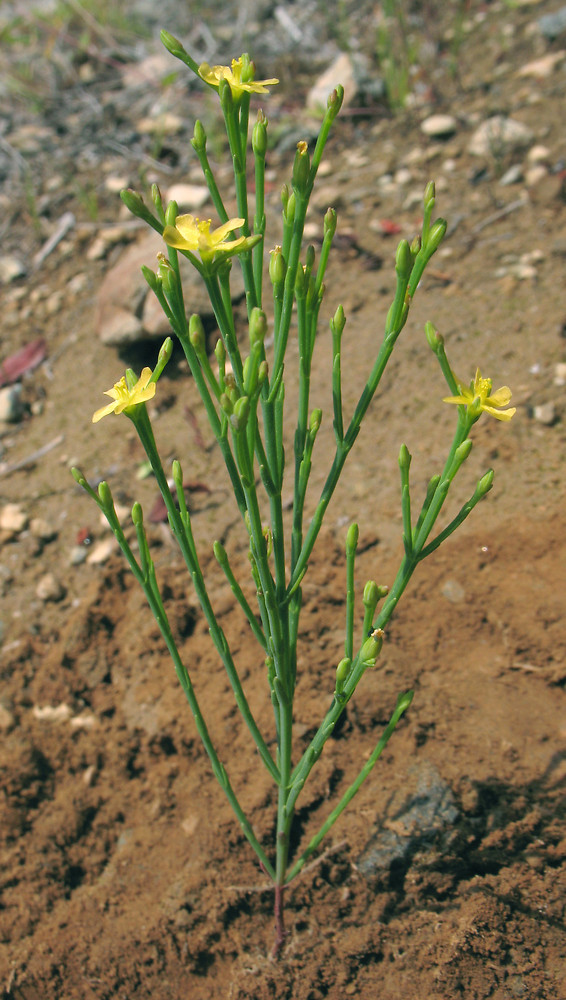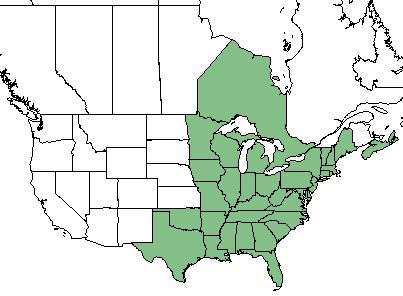Difference between revisions of "Hypericum gentianoides"
(→Conservation and Management) |
|||
| Line 1: | Line 1: | ||
{{italic title}} | {{italic title}} | ||
| + | Common name: orangegrass <ref name= "USDA Plant Database"/>, pineweed <ref name= "Weakley 2015"/> | ||
<!-- Get the taxonomy information from the NRCS Plants database --> | <!-- Get the taxonomy information from the NRCS Plants database --> | ||
{{taxobox | {{taxobox | ||
Revision as of 13:06, 7 June 2018
Common name: orangegrass [1], pineweed [2]
| Hypericum gentianoides | |
|---|---|

| |
| Photo by Marilee Lovit at the GoBotany Database | |
| Scientific classification | |
| Kingdom: | Plantae |
| Division: | Magnoliophyta - Flowering plants |
| Class: | Magnoliopsida - Dicots |
| Order: | Theales |
| Family: | Clusiaceae |
| Genus: | Hypericum gentianoides |
| Species: | H. gentianoides |
| Binomial name | |
| Hypericum gentianoides L | |

| |
| Natural range of Hypericum gentianoides from USDA NRCS Plants Database. | |
Contents
Taxonomic Notes
Synonyms: Sarothra gentianoides Linnaeus
Varieties: none
Description
H. gentianoides is an annual forb/herb of the Clusiaceae family native to North America and Canada. [1]
Distribution
H. gentianoides is found in the eastern half of the United States, as well as the Ontario region of Canada. [1]
Ecology
Habitat
H. gentianoides proliferates in fields, rock outcrops, woodland borders, eroding areas, pond margins, and flatwoods. [2]
Phenology
H. gentianoides flowers May-July and September. [3]
Fire ecology
H. gentianoides is not fire resistant, and has no fire tolerance. [1]
Conservation and Management
H. gentianoides is listed as endangered by the Iowa Department of Natural Resources Parks, Recreation, and Preserves Division. [1]
Cultivation and restoration
Photo Gallery
References and notes
- ↑ 1.0 1.1 1.2 1.3 1.4 USDA Plant Database https://plants.usda.gov/core/profile?symbol=HYGE
- ↑ 2.0 2.1 Weakley, A. S. (2015). Flora of the Southern and Mid-Atlantic States. Chapel Hill, NC, University of North Carolina Herbarium.
- ↑ PanFlora Author: Gil Nelson URL: http://www.gilnelson.com/PanFlora/ Date Accessed: 5/22/1